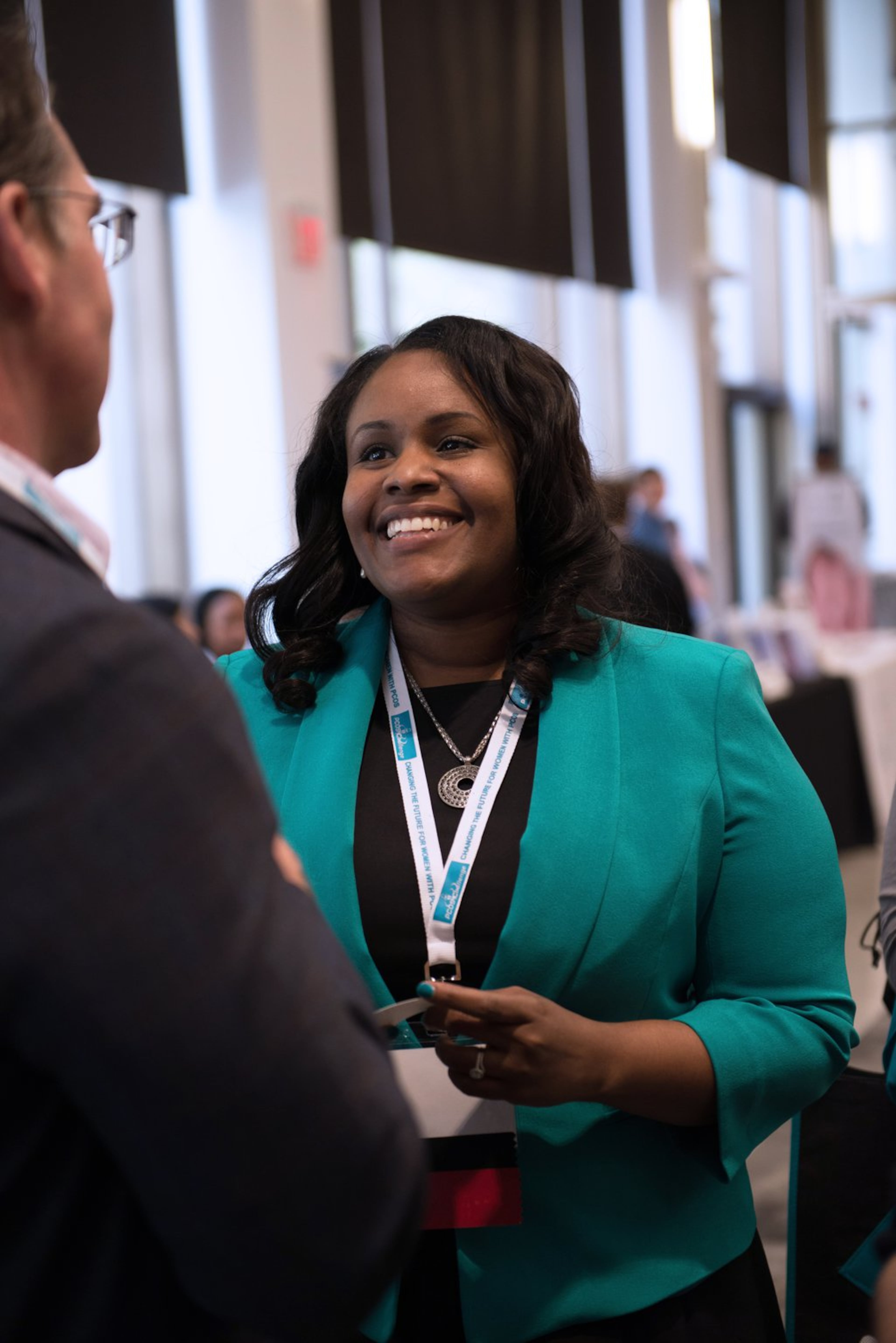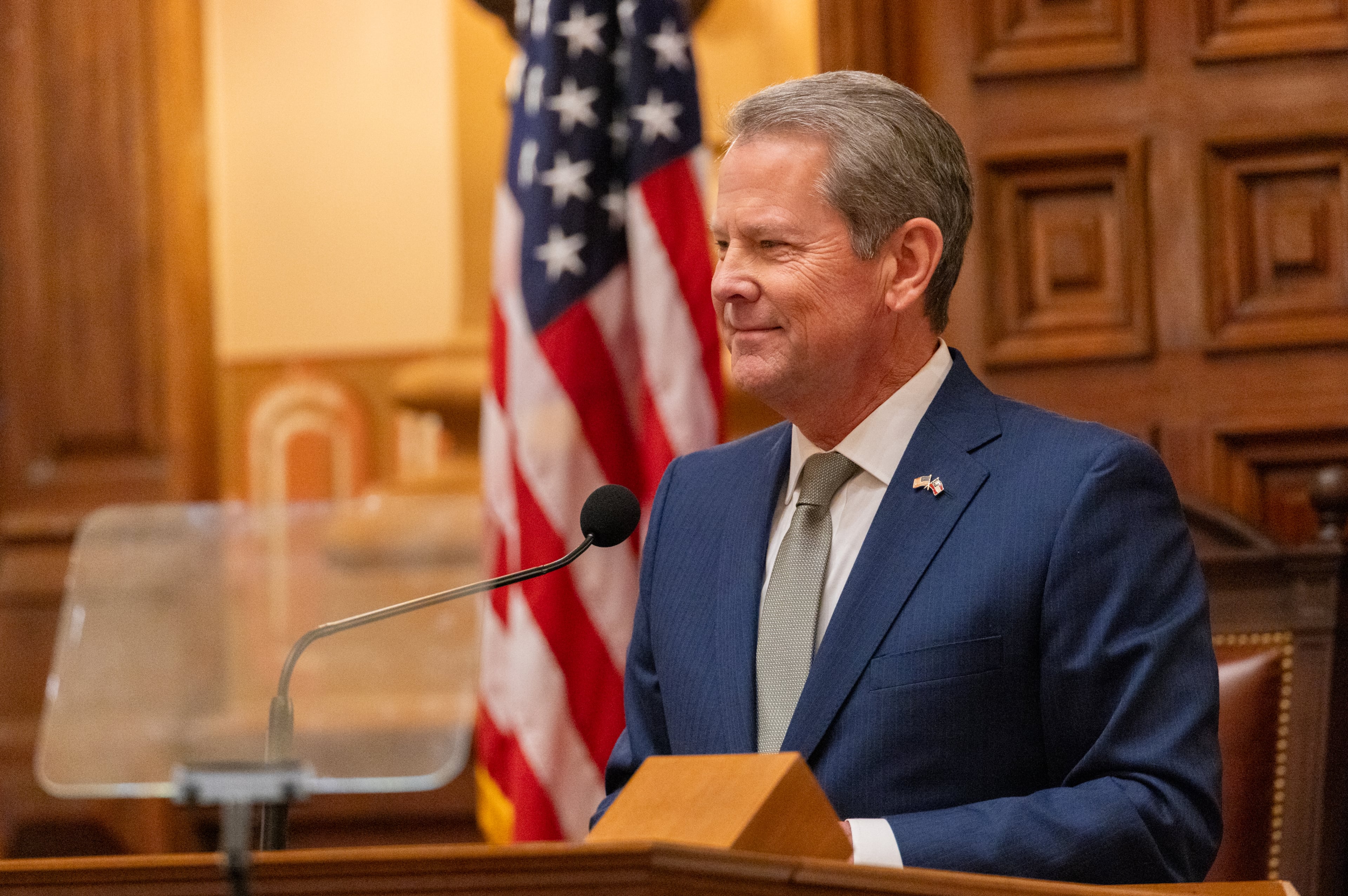This Life with Gracie: Half of women with PCOS don’t know they have it
In some ways, Sasha Ottey was lucky.
For many women with polycystic ovary syndrome like her, it can take years and untold doctor visits before they get a correct diagnosis. All too often, doctors end up treating the vast array of symptoms caused by the hormonal disorder. Severe acne. Sleep apnea. Obesity. Or thinning hair and excess hair growth on the face or body.
But Ottey’s OB-GYN pinpointed her illness in 2008 after just two missed periods and one visit. Problem is that was it.
“She gave me a pamphlet, referred me to an endocrinologist and said, ‘Come back to me when you are ready to conceive,’” Ottey recalled recently.
When she followed up with the endocrinologist, Ottey, then 28, was told to lose weight and come back in six months.
“I decided I needed to see a nutritionist, but my insurance wouldn’t cover that because I was not a diabetic,” she said.
Ottey, then a research microbiologist for the National Institutes of Health based in Bethesda, Md., began digging deeper into PCOS and soon realized the syndrome is one of the most pervasive and underserved public health issues threatening the mental and physical health and quality of life of women and girls.
RELATED | Americans more anxious than last year, according to new poll
Ottey decided then she had to do something and within months of her diagnosis in 2008 founded the PCOS Challenge: National Polycystic Ovary Syndrome Association, a nonprofit which works to raise awareness about the condition and help girls and women with the condition overcome their symptoms and reduce their risk for related diseases.
Besides the dearth of resources and evidence-based information about PCOS, Ottey, executive director of PCOS Challenge, discovered there was little funding allocated for research and few doctors even aware of the syndrome.
“This is a platform for people to learn accurate information, get support and to empower themselves as advocates for the cause,” Ottey said.
The lack of support she felt from her doctors became a defining moment in her life. Ottey, who moved to McDonough in 2012, decide to leave her lab coat behind and respond to what she believes is her calling: ensuring a better future for those impacted by PCOS.
“In retrospect, many of the symptoms — the acne, thinning hair and weight gain — I experienced growing up were directly related to PCOS,” she said. “This isn’t just a reproductive health issue. This is a lifelong condition and it leads to some of the heaviest burdens on health care. I know many people who have lost their jobs, lost their relationships because of PCOS, so there’s a tremendous and urgent need to address PCOS and take it seriously.”
The good news is interest in PCOS among lawmakers here and across the country is increasing.
In December, the U.S. Senate, in response to PCOS Challenge's advocacy efforts, unanimously passed SR 336, a resolution led by Sens. Elizabeth Warren, D-Mass., and David Perdue, R-Ga., to recognize the seriousness of polycystic ovary syndrome, and designate September as PCOS Awareness Month.
Then just weeks ago, U.S. Rep. David Scott, D-Ga., and 37 other leaders in the U.S. House of Representatives reintroduced a U.S. House version, HR 864.
RELATED | U.S. Senate Unanimously Passes Historic Polycystic Ovary Syndrome (PCOS) Resolution
PCOS Challenge will host its first PCOS Advocacy Day May 16 and 17 on Capitol Hill. Patients, celebrities, health care providers and industry professionals wearing teal, from close to 30 states, will meet with members of Congress and deliver over 1,000 letters from affected women, families and servicewomen.

“The letters highlight the major gaps in diagnosis and care, which are resulting in serious health consequences for many,” Ottey said. “They also point to the need for more knowledgeable health care providers and increased PCOS research.”
It will be a huge moment for Ottey and the PCOS community.
For the first time, women and girls with PCOS will have a platform to educate their legislators about the disorder, its prevalence and significant impact in their districts and states.
According to Dr. Mark Perloe, medical director at Shady Grove Fertility Atlanta, nearly 15 percent of women — 200,000 in Georgia alone — have been diagnosed with PCOS, which can lead to infertility, Type 2 diabetes, cardiovascular disease, cancer and other life-threatening diseases. More than 50 percent of women who have PCOS don't know it.
Symptoms can emerge in girls as early as puberty — age 13 or even younger — while others may not show signs of the disorder until much later in life, or after substantial weight gain.
The vast majority of women don’t receive a diagnosis until they are struggling to get pregnant.
While there is no definitive cause of PCOS, Perloe said research suggests a strong link to insulin resistance, a genetic condition often associated with diabetes, in which the muscle, fat and liver cells do not respond properly to insulin and so can’t easily absorb glucose from the bloodstream. As a result, the body produces higher and higher levels of insulin to help glucose enter the cells.

What’s worse, Perloe said, is “You don’t cure it. You manage it. It’s not easy. It’s not going to happen overnight.”
It helps, however, if you have a multidisciplinary team you can trust so that when new information comes out, you can take a knowledge-based holistic approach to managing the condition.
“On the whole, the approach involves eating right, doing the right type of exercise, and insulin sensitizers, such as metformin and inositols, that allow your body to reduce insulin levels and restore hormonal balance,” he said.
Identifying and successfully managing PCOS can help reduce many of the most challenging, debilitating medical conditions and bring about significant cost reduction in managing complications due to diabetes, heart disease, obesity and mental health related conditions.
Bottom line? Women need to arm themselves with knowledge and advocate for better care. PCOS Challenge can help with that.
Find Gracie on Facebook (www.facebook.com/graciestaplesajc/) and Twitter (@GStaples_AJC) or email her at gstaples@ajc.com.


